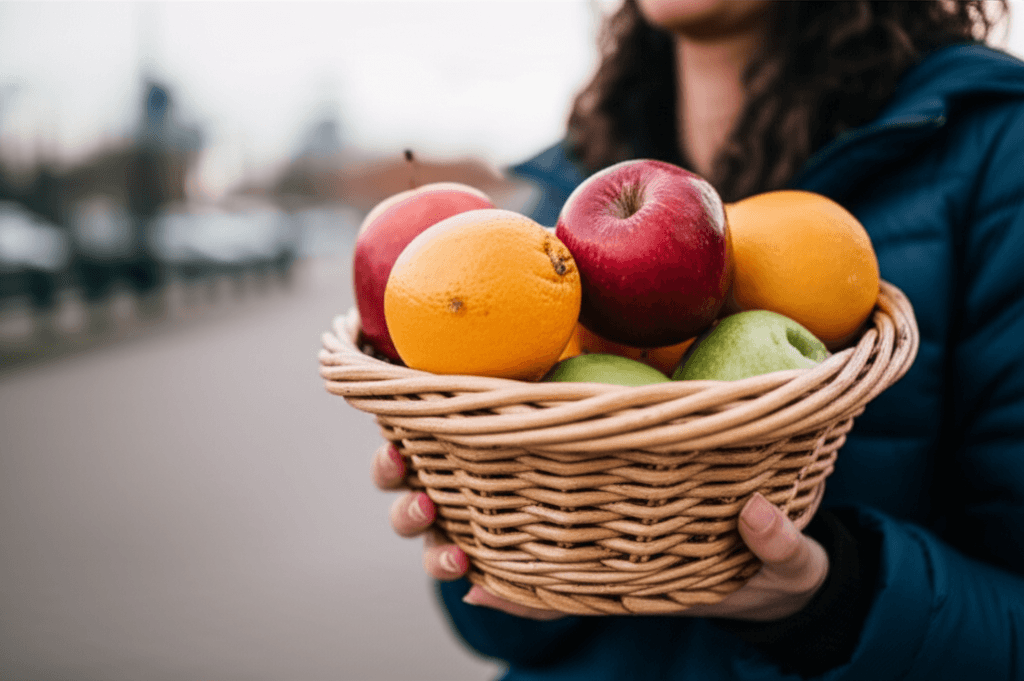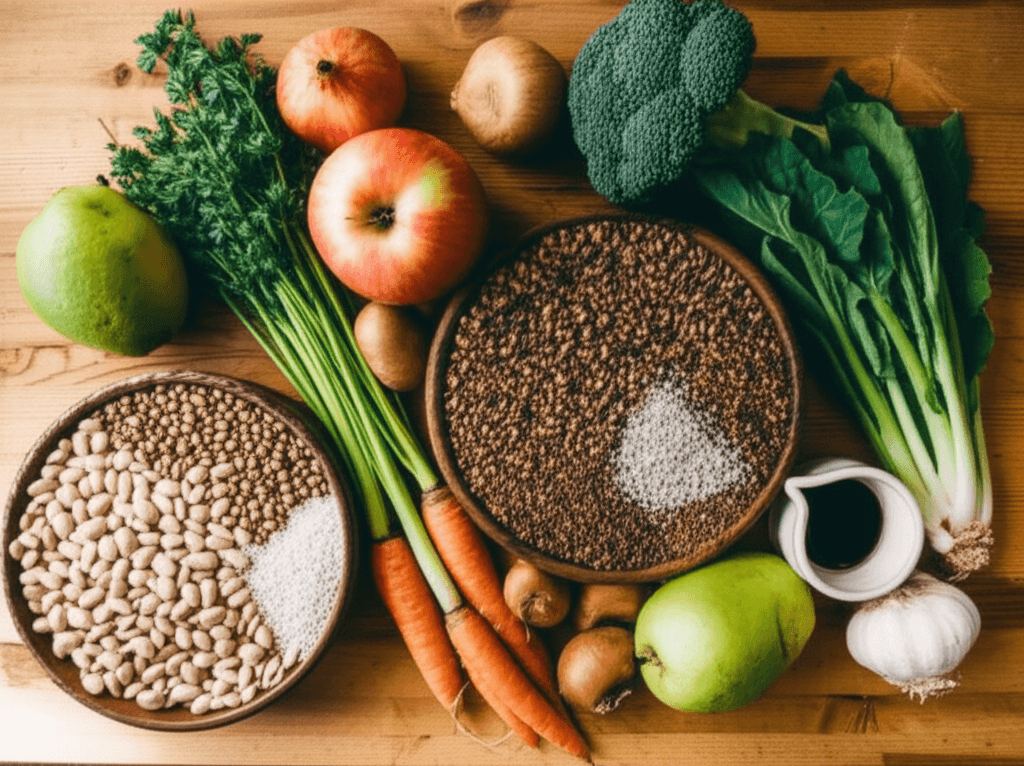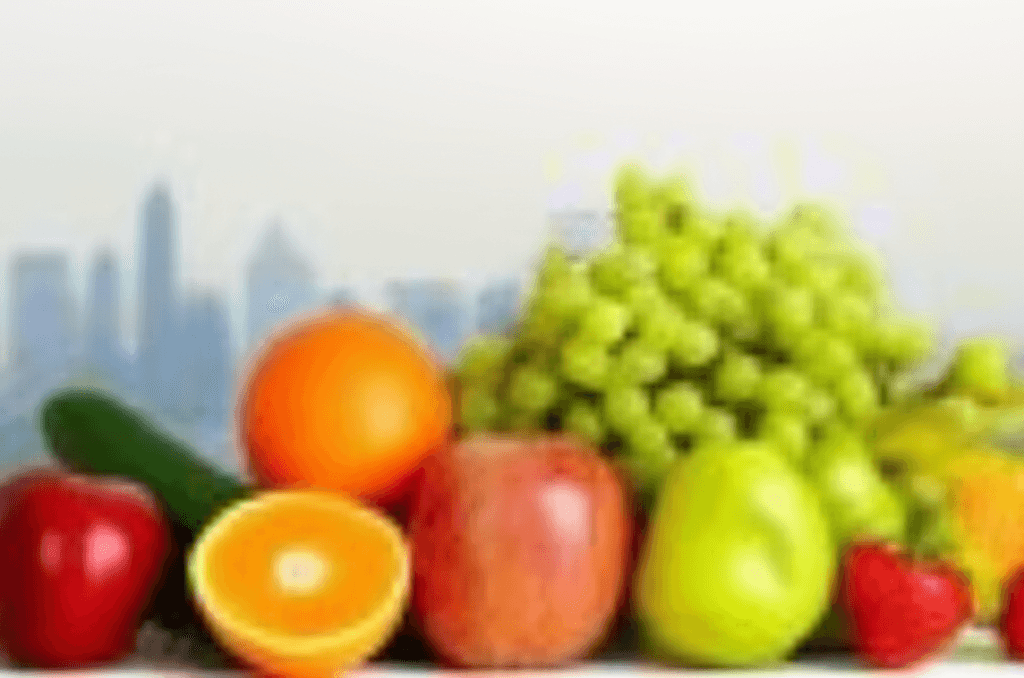With over 90% of the global population exposed to air pollution levels exceeding WHO guidelines, the quest for effective protection against its detrimental health impacts is more urgent than ever. While systemic changes are crucial, new research points to a surprisingly simple, everyday habit that could offer a vital line of defense for your lungs: increased fruit consumption. A recent study presented at the European Respiratory Society Congress highlights how dietary habits, particularly a high intake of fruit, may help mitigate the harmful effects of air pollution on lung function, especially in women.

The Silent Threat of Air Pollution on Lung Health
Air pollution, characterized by harmful substances like fine particulate matter (PM2.5), ozone, and nitrogen dioxide, poses a significant threat to respiratory health. These tiny particles can deeply penetrate the respiratory tract, causing irritation, inflammation, and oxidative stress that can lead to reduced lung capacity and a host of chronic conditions, including asthma, bronchitis, pneumonia, and even lung cancer. Long-term exposure to high levels of pollutants can severely impair lung function and increase the risk of hospital admissions, particularly for vulnerable groups such as children, older adults, and individuals with asthma.

The Protective Power of Fruit: A New Study’s Findings
Research spearheaded by Pimpika Kaewsri, a PhD student from the Centre for Environmental Health and Sustainability at the University of Leicester, UK, delved into data from over 200,000 participants in the UK Biobank. The study investigated the relationship between dietary patterns, air pollution exposure (specifically PM2.5), and lung function.
The findings revealed a significant association: women who consumed four or more portions of fruit per day experienced smaller reductions in lung function despite exposure to PM2.5, compared to those who ate less fruit. This protective effect, though more pronounced in women (potentially due to men generally reporting lower fruit intake in the study population), suggests that the antioxidant and anti-inflammatory compounds abundant in fruit can help counteract the oxidative stress and inflammation triggered by air pollutants.
How Antioxidants and Anti-inflammatory Compounds Help
Fruits are rich in powerful antioxidants such as vitamins C and E, flavonoids, and carotenoids. These compounds play a crucial role in neutralizing free radicals—unstable molecules produced by oxidative stress from pollutants—thereby protecting lung cells from damage.
- Vitamin C: A potent water-soluble antioxidant, Vitamin C effectively removes free radicals and supports the regeneration of Vitamin E. Citrus fruits like oranges, guavas, kiwis, grapefruits, and lemons are excellent sources of Vitamin C, helping to reduce the harmful effects of smog and maintain lung health.
- Vitamin E: This fat-soluble antioxidant acts as a primary defense against pollution-induced tissue injuries. It’s found in plant-based oils, almonds, and sunflower seeds.
- Flavonoids and Carotenoids: These plant compounds, responsible for the vibrant colors in fruits and vegetables, offer significant antioxidant and anti-inflammatory benefits. Apples, for instance, contain quercetin, a flavonoid shown to aid lung repair and combat lung function decline. Berries, rich in anthocyanin, can slow down the natural decline of lung function with age.

Beyond Fruit: Other Lung-Protective Foods
While fruit takes center stage in this new research, a comprehensive diet rich in various nutrient-dense foods is essential for optimal lung health and protection against pollution.
Leafy Green Vegetables
Vegetables like spinach, kale, and Swiss chard are packed with antioxidants and vitamins such as C and E, which help protect lungs from oxidative damage. Spinach, specifically, is rich in lutein and folate, which can lower the risk of lung cancer.
Omega-3 Fatty Acids
Found in fatty fish like salmon and mackerel, as well as nuts and seeds (almonds, walnuts, flaxseeds), omega-3 fatty acids possess anti-inflammatory properties that can protect against lung inflammation caused by air pollution and support immune function.
Turmeric and Ginger
These spices are renowned for their potent anti-inflammatory and antioxidant properties. Turmeric, with its active compound curcumin, can protect against chronic lung diseases and pollution-induced inflammation, while ginger helps manage congestion and cough.
Beets and Beetroot Juice
High in nitrates, beets can optimize lung functioning by relaxing blood vessels, reducing blood pressure, and improving oxygen uptake.
Tomatoes
Rich in lycopene, a powerful antioxidant, tomatoes can offer a layer of protection for the respiratory system against dust particles and are linked to improved lung function and reduced airway inflammation.
Whole Grains
Foods like brown rice, whole-wheat bread, oats, quinoa, and barley provide fiber, vitamin E, selenium, and essential fatty acids, all of which contribute to lung health with their antioxidant and anti-inflammatory qualities.

Comprehensive Strategies for Lung Protection
While diet plays a significant role, it’s crucial to remember that it cannot fully counteract the severe effects of air pollution. A holistic approach is essential:
- Advocate for Cleaner Air: Supporting policies and initiatives that reduce pollution at its source is paramount.
- Minimize Exposure: Stay indoors when air quality is poor, use air purifiers, and wear appropriate masks when necessary.
- Hydration: Drinking plenty of water helps thin mucus in the respiratory system, making it easier for the body to clear pollutants.
- Regular Exercise: Physical activity, preferably indoors or in areas with good air quality, strengthens the respiratory system.
- Quit Smoking: Smoking dramatically increases vulnerability to respiratory diseases and exacerbates the effects of air pollution.
In conclusion, incorporating a variety of fruits into your daily diet, alongside other antioxidant-rich foods, can be a valuable strategy to bolster your lung health against the pervasive threat of air pollution. This simple dietary adjustment offers a promising, accessible way to support your respiratory system and potentially mitigate some of the environmental challenges we face.







